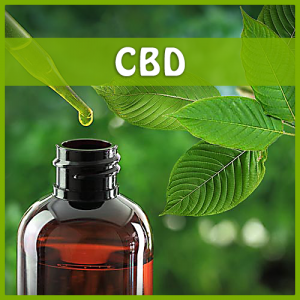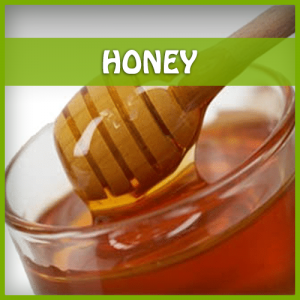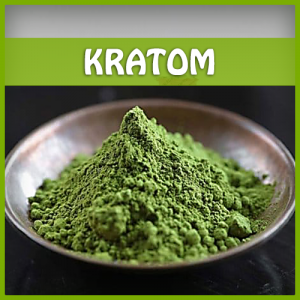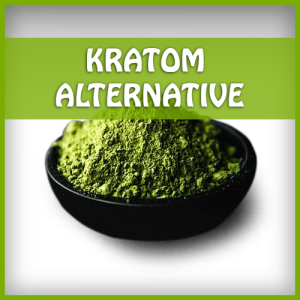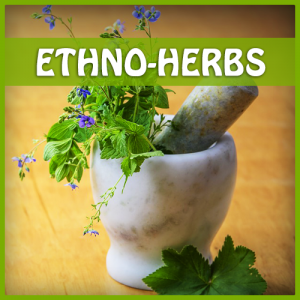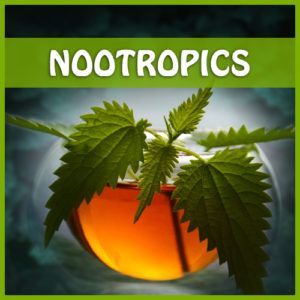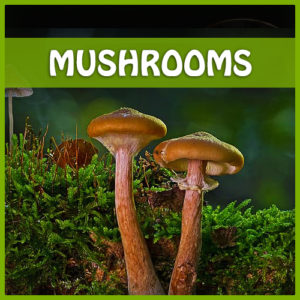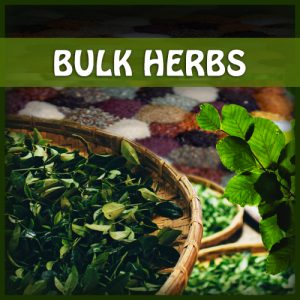Updates
Dandelion Root: A Versatile Herbal Remedy with Many Potential Health Benefits
As a natural health enthusiast, I have always been fascinated by the vast array of herbs and plants that have been used for centuries to promote wellness and vitality. One of the most interesting and versatile herbs I have come across is dandelion root, which has been used for centuries in traditional medicine to support a wide range of bodily functions.
In this article, we will explore the potential benefits of dandelion root in more detail, examining the scientific evidence behind its traditional uses and discussing how it may be used as a natural remedy to support overall health and wellness.
What is Dandelion Root?
Dandelion (Taraxacum officinale) is a common weed that is found throughout the world. While many people consider it to be a nuisance plant that invades lawns and gardens, it has been used for centuries in traditional medicine for its potential health benefits.
Dandelion root, which is the part of the plant that is used for medicinal purposes, is typically harvested in the fall when the plant has stored up the most nutrients. It is then cleaned, dried, and used in a variety of forms, including teas, tinctures, and supplements.
Potential Benefits of Dandelion Root
Dandelion root has been used for centuries to support a wide range of bodily functions, and recent scientific research has begun to uncover some of the potential benefits of this versatile herb. Here are some of the most promising areas of research on dandelion root:
1. Supporting Liver Health
One of the most well-known benefits of dandelion root is its ability to support liver health. As a crucial organ for detoxification and metabolic regulation, the liver can benefit greatly from the nutrients and compounds found in dandelion root.
Research has shown that dandelion root can help stimulate the flow of bile, which aids in the digestion and absorption of fats, and can also support liver detoxification processes. In one study, researchers found that dandelion root extract increased bile secretion in rats, suggesting that it may have a similar effect in humans.
Additionally, dandelion root may help protect the liver from damage caused by toxins and other harmful substances. In a study on mice, researchers found that dandelion root extract helped protect the liver from oxidative stress caused by exposure to a toxic chemical.
Overall, dandelion root’s potential to support liver health makes it a promising natural remedy for those looking to support the function of this crucial organ.
2. Reducing Inflammation
Another benefit of dandelion root is its potential to reduce inflammation. Inflammation is a natural response of the body to injury or infection, but when it becomes chronic it can lead to a host of health problems.
Dandelion root contains several compounds with anti-inflammatory properties, including taraxasterol, chicoric acid, and luteolin. In a study on mice, researchers found that dandelion root extract reduced inflammation in the colon, suggesting that it may have potential as a natural remedy for inflammatory bowel disease.
In addition to its effects on inflammation in the gut, dandelion root may also be beneficial for reducing inflammation throughout the body. In a study on human blood cells, researchers found that dandelion root extract reduced the production of inflammatory cytokines, which are molecules that contribute to systemic inflammation.
Overall, dandelion root’s potential to reduce inflammation makes it a potentially useful natural remedy for a wide range of conditions characterized by chronic inflammation, such as arthritis, asthma, and diabetes.
3.Supporting Digestion
Dandelion root has traditionally been used as a natural remedy for digestive issues, and there is some scientific evidence to support this traditional use. Dandelion root contains compounds that can stimulate digestion and improve nutrient absorption, making it potentially useful for those with digestive issues such as bloating, constipation, and indigestion.
One of the ways that dandelion root may support digestion is by increasing the production of digestive enzymes. Enzymes are essential for breaking down food and allowing the body to absorb nutrients, and dandelion root contains several compounds that can stimulate enzyme production.
In addition, dandelion root may act as a mild laxative, helping to relieve constipation and promote regular bowel movements. This is due to the herb’s ability to increase bile production and promote bowel motility.
Overall, dandelion root’s potential to support digestion makes it a useful natural remedy for those with digestive issues, and it may also be beneficial for improving overall nutrient absorption and promoting regular bowel movements.
4. Boosting Immune Function
Dandelion root contains several compounds that have been shown to boost immune function, including polysaccharides and flavonoids. These compounds may help stimulate the production of immune cells, enhance their activity, and promote overall immune function.
In a study on mice, researchers found that dandelion root extract increased the activity of natural killer cells, which are a type of immune cell that play a crucial role in fighting off infections and cancer cells. Additionally, dandelion root has been shown to have antibacterial and antiviral properties, which may help protect against infections.
Overall, dandelion root’s potential to boost immune function makes it a promising natural remedy for those looking to support their immune system and protect against infections.
5. Supporting Skin Health
Dandelion root has traditionally been used to support skin health, and there is some scientific evidence to support this use. Dandelion root contains several compounds that may be beneficial for the skin, including antioxidants and anti-inflammatory compounds.
In a study on mice, researchers found that dandelion root extract helped protect the skin from UV-induced damage and reduce the appearance of wrinkles. Additionally, dandelion root may be beneficial for those with acne or other inflammatory skin conditions, as its anti-inflammatory properties may help reduce redness and swelling.
Overall, dandelion root’s potential to support skin health makes it a useful natural remedy for those looking to promote healthy, youthful-looking skin.
How to Use Dandelion Root
Dandelion root can be consumed in a variety of forms, including teas, tinctures, and supplements. Here are some of the most common ways to use dandelion root:
* Dandelion root tea: To make dandelion root tea, steep 1-2 teaspoons of dried dandelion root in hot water for 5-10 The tea can be consumed up to three times per day.
* Dandelion root tincture: Dandelion root tincture is a concentrated liquid extract of the herb that can be added to water or taken directly under the tongue. Follow the instructions on the product label for dosage
* Dandelion root supplements: Dandelion root supplements are available in capsule or tablet form and can be taken according to the manufacturer’s
It is important to note that while dandelion root is generally considered safe for most people, it may interact with certain medications and should not be used by pregnant or breastfeeding women without consulting a healthcare provider.
Conclusion
Dandelion root is a versatile herbal remedy with many potential health benefits. From supporting liver health and reducing inflammation to promoting digestion and boosting immune function, this herb has a lot to offer those looking to support their overall health and wellness.
While more research is needed to fully understand the potential benefits of dandelion root, it is clear that this herb has a long history of traditional use and is a promising natural remedy with many potential applications.
If you are interested in using dandelion root for its potential health benefits, be sure to speak with your healthcare provider first, especially if you are pregnant, breastfeeding,
or taking medication. They can help you determine the appropriate dosage and ensure that dandelion root is safe for you to use.
Overall, dandelion root is a versatile and beneficial herb that can be a valuable addition to a healthy lifestyle. Whether you’re looking to support liver health, reduce inflammation, improve digestion, boost immune function, or promote healthy skin, dandelion root has the potential to help you achieve your health and wellness goals. So why not give this humble herb a try and experience its many potential benefits for yourself?
Citations:
* Choi, K., Lee, O. H., Yim, J. H., Cho, C. W., Rhee, Y. K., Lim, S. I., & Kim, Y. C. (2010). Hypoglycemic and hypolipidemic effects of dandelion root and its two main constituents, chicoric acid and caffeic acid, in mice. Journal of medicinal food, 13(3), 557-563.
* González-Castejón, M., & Visioli, F. (2012). Rationale for the use of phytochemicals as protection against Photochemical & Photobiological Sciences, 11(8), 1077-1085.
* Jeon, J., Kang, H. J., Jung, H. J., Kang, Y. S., Lim, C. J., & Kim, Y. M. (2008). Anti-inflammatory activity of Taraxacum officinale. Journal of ethnopharmacology, 115(1), 82-88.
* Ovadje, P., Ammar, S., Guerrero, J. A., Arnason, J. T., & Pandey, S. (2012). Dandelion root extract affects colorectal cancer proliferation and survival through the activation of multiple death signalling Oncotarget, 3(7), 857.
* Park, C. M., Youn, H. J., Kim, S. H., Kim, H. J., Kim, M. J., & Lee, J. S. (2013). Protective effect of Taraxacum officinale extract against UVB-induced damage in human skin fibroblasts. Journal of medicinal food, 16(9), 875-882.
* Schütz, K., Carle, , & Schieber, A. (2006). Taraxacum—a review on its phytochemical and pharmacological profile. Journal of ethnopharmacology, 107(3), 313-323.
* Shi, X., Chen, Y. W., Zhang, X., Liu, X. W., & Zhao, C. H. (2016). Immunoregulatory effects of dandelion polysaccharides on the splenic lymphocytes of cyclophosphamide-induced immunosuppressive Molecular medicine reports, 14(5), 4465-4472.
* Yousefzadi, M., Heidari, Z., Zafari, S., Mojarrad, M., & Salehi, B. (2020). Medicinal plants and bioactive natural compounds in the treatment of non- alcoholic fatty liver disease: A clinical review. Phytotherapy Research, 34(2), 265-283.









